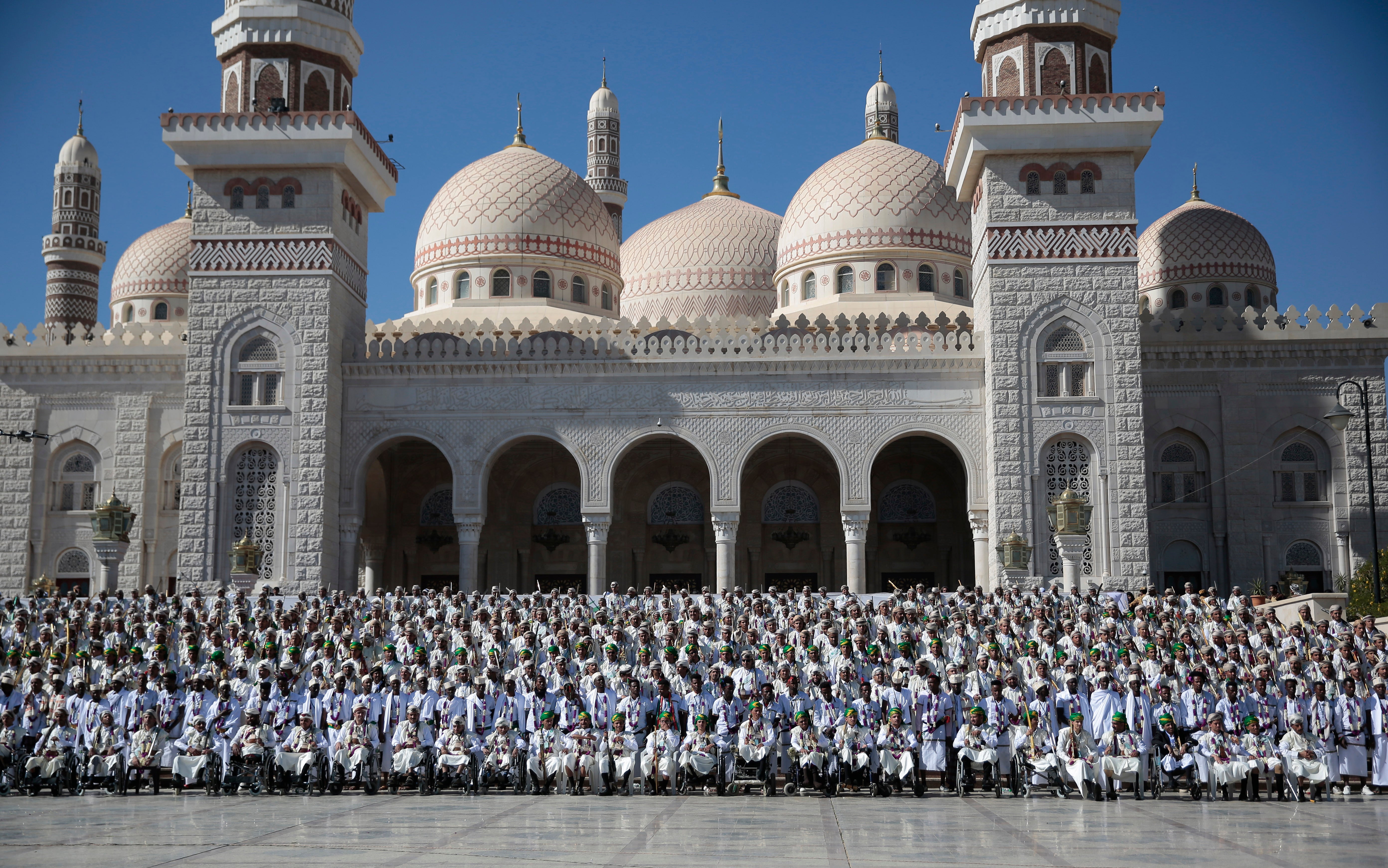UN General Assembly urged to investigate Yemen atrocities
More than 60 organizations are urging the U.N. General Assembly to establish an investigative body to gather and preserve evidence of serious human rights violations during Yemen’s seven-year conflict - including possible war crimes and crimes against humanity

More than 60 organizations urged the U.N. General Assembly on Thursday to establish an investigative body to gather and preserve evidence of serious human rights violations during Yemen’s seven-year conflict, including possible war crimes and crimes against humanity.
The organizations, including Amnesty International and Human Rights Watch said the matter is urgent, particularly after the U.N. Human Rights Council voted in October to shut down its investigation into atrocities in Yemen The Group of Eminent Experts had reported that potential war crimes have been committed by all sides. The Geneva-based council's vote was a stinging defeat for Western nations and a victory for Russia, China, Bahrain and other countries.
Yemen has been convulsed by civil war since 2014, when Iran-backed Houthi rebels took control of the capital, Sanaa, and much of the northern part of the country. That forced the internationally recognized government to flee to the south, then to Saudi Arabia
A Saudi-led coalition entered the war in March 2015, backed by the United States, to try to restore President Abed Rabbo Mansour Hadi to power. Despite a relentless air campaign and ground fighting, the war has deteriorated largely into a stalemate and has spawned the world’s worst humanitarian crisis.
The more than 60 organizations said the Human Rights Council vote in October was the result of an aggressive lobbying campaign by Saudi Arabia, backed by the United Arab Emirates, a key coalition partner, and other allies.
“The international community cannot stand by and allow that vote to be the last word on accountability efforts for abuses and war crimes in Yemen,” the organizations said.
Amnesty International's Secretary-General Agnès Callamard told a virtual press conference that parties to the conflict, including the Saudis and Houthis, “have committed atrocities with impunity, and there is seemingly no end in sight for this war." That's why, she said, “we have to act now."
Every day, Callamard said, more people are being harmed and killed and the General Assembly “could save millions of lives" by taking action.
In their joint statement to the General Assembly’s 193 member nations, the rights groups and other organizations said the suffering inflicted on Yemeni civilians demands an investigative body “address impunity in the ongoing conflict and send a clear warning to perpetrators on all sides that they will be held accountable for war crimes and other serious violations of international humanitarian and human rights law.”
U.N. members should approve an investigative “mechanism” to demonstrate to the Yemeni people that the United Nations will not turn a blind eye to their suffering and that they support international accountability for crimes and abuses committed in Yemen, the statement said.
Human Rights Watch Executive Director Kenneth Roth said the organizations will be going to capitals “to explain that, in light of the Saudi arm-twisting that killed the investigation by the U.N. Human Rights Council, the integrity of the U.N. human rights machinery, as well as many Yemeni lives, are at stake.”
“We are guardedly optimistic that we will have the votes in the General Assembly to create an investigative mechanism for Yemen," Roth said. “So far, 45 governments have pronounced in favor, 34 against. Of the 114 that have abstained or have yet to take a position, we believe many of them can be persuaded to support an investigation for Yemen, much as they overwhelmingly supported an investigative mechanism for Syria in 2016.”
The General Assembly and the Security Council have previously taken similar action against widespread human rights abuses.
In December 2016, the assembly created an “International, Impartial and Independent Mechanism” to collect, preserve and analyze evidence and promote accountability for possible war crimes, crimes against humanity and genocide committed by Islamic State extremists in Syria.
In September 2017, the Security Council established an investigative team to support Iraqi efforts to collect and preserve evidence of possible war crimes, crimes against humanity and genocide committed by Islamic State extremists to be used in domestic courts or in investigations in third countries.
The Human Rights Council established a similar investigative mechanism for Myanmar following a military crackdown against Rohingya Muslims and allegations that government security forces committed mass rapes and killings and burned houses amounting to possible crimes against humanity and genocide. More than 700,000 Rohingya fled to neighboring Bangladesh.
Bookmark popover
Removed from bookmarks